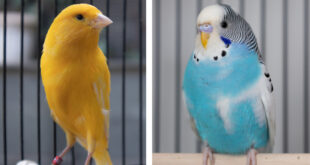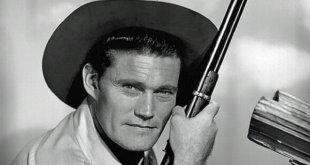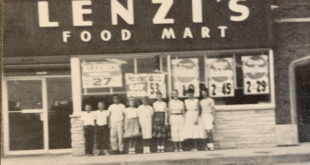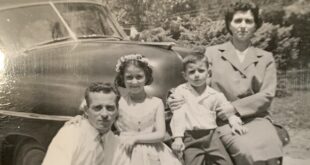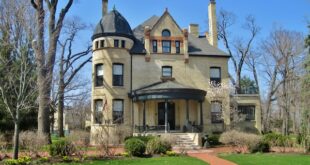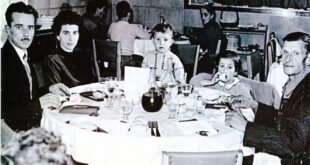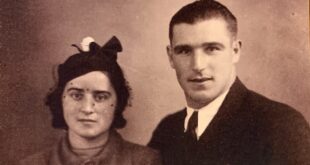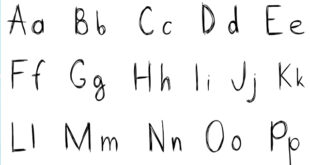It’s been more than three decades since I last saw Aunt Achilla and Uncle Tony’s second-floor, three-room apartment on Hoffman Street, but its image often surges into my mind. Their building was on the corner of 187th Street, in the heart of the Arthur Avenue (or Belmont) section of the Bronx, a neighborhood often called “The Real Little Italy of New York City.” For the longest time, they didn’t have a phone, so we showed up unannounced, though they more or less expected us on Saturday nights or Sunday afternoons. Besides visiting my mother’s aunt, however, our frequent visits had …
Read More »An early idol with clay feet
When I was off from school and my mother had to go to John’s Grocery down the block in our South Bronx neighborhood, she often left me with Jenny, who lived two flights beneath us on the fourth floor and became my surrogate Italian grandmother. Childless old Jenny had an unflagging delight in children, and I became the solace of her identical days. She always begged to let me stay even after the shopping was done, so my mother would retreat upstairs, while I spent a few hours preening myself in the mirror of Jenny’s love. Besides teaching me how …
Read More »Birth and death of a rifleman
Nothing caused butterflies to blossom in my stomach more luxuriantly than my father’s weekend home-repair sessions. Not only couldn’t I go out to play but I soon heard myself being ordered to fetch him an awl from the tool chest — and I came back with a file. Or he’d tell me to get him a plane, and I brought him a plumb line. Or he asked for a Phillips screwdriver, but all he got was a regular one. Sometimes he’d tell me to hold something straight so that he could hammer it or screw it in somewhere or saw …
Read More »Where I belong
By the mid-1950s, people of Italian descent largely owned and managed the Highwood shops that dotted the main streets. Those who owned or worked at the establishments could speak Italian to their customers if needed. Not all, however, were from our region in Italy. They all spoke Italian but in dialects unique to their towns of origin. The Napolitano and Sicilian dialects felt harsh to our ears — they had a staccato sound — whereas the Tuscan dialect had a rhythmic flow whose singsong-sound was more pleasing. Immigrants from Piandelagotti spoke their own dialect, substantially different from even the mountain …
Read More »A very Italian suburb
As I grew up in Highwood, visiting my friends was like being in my own home: the same foods were served, I sat on the same style furniture, and I saw pictures of relatives on their walls posted in a fashion similar to mine at home. The promotional calendars of the local Italian insurance firm hung right next to the pictures of the pope in all our kitchens. My friends’ parents spoke broken English with the same Italian accent as my parents. They imposed identical rules and doled out similar discipline. We all saw each other at Sunday Mass, after …
Read More »Soft landing
Twenty-eight miles north of Chicago, Highwood was home to a large, Italian-immigrant community from the early 20th century up to the late 1980s. Many families from our home province of Modena settled there. As is usually the case in mass immigration, it started with families calling connected families, who in turned called others to their new home. Highwood was a place that offered plentiful job opportunities for men with trade backgrounds — that was because of Fort Sheridan. Fort Sheridan was home to the United States Fifth Army, a base supporting 5,000 military and civilian personnel at its peak. It …
Read More »Onward to America
The bus to Pisa from Piandelagotti negotiated the tight turns down the mountainside. With every passing kilometer my parents knew there was no turning back. They stayed to themselves. My mother kept crying while my father was stoic, and my sister and I remained silent. Pisa would be the first stop. There, we would change buses to continue on the final bus leg to Genova, the Italian port city. We stayed the night in a hotel near the docks. Early the next day, we boarded the Andrea Doria, the principal Italian, luxury ocean liner. All travel arrangements had been made …
Read More »A fateful decision
World War II reached from end to end of the Italian peninsula, leaving devastation in its wake. With the Allies’ aid and support through the Marshall Plan in 1946, structural reconstruction and governmental reform began. The monarchy was abolished by popular vote. Benito Mussolini’s death minimized the Fascist Party. America supported the democratic forces in Italy and worked to reduce the rising power of the Communist Party. Political and social dynamics began to stabilize. Italy became a democratic republic in 1946, and the people elected a president. By 1947, this new government ratified the constitution and promulgated it in 1948. …
Read More »Weekday doubleheader
The Irish Dominican nuns at St. Rita’s in the South Bronx were tough, even the pretty ones. After Sr. Catherine Michael would finish speaking with a parent at our first-grade classroom door, her broad lovely smile darkened into a scowl as she turned to face us. We had inevitably been chattering behind her back, and she immediately rearmed herself with the pointer or yardstick she had left on her desk. Richie, my first friend in school, had a markedly oblong head and would tremble with excitement in anticipation of fun, such as when we played Americans against Germans in the …
Read More »First day of school
In her own unobtrusive way, Mom had long been preparing me for school. In a letter my grandfather wrote her from Italy when I was four and a half, he was glad to hear I spent entire days “writing.” He was referring to my filling a sheet of paper with rows of little vertical lines in imitation of the lines my mother had made on the page. Now, a year and a half later, while she was reading her weekly letter from her father, I asked her whether it was hard to learn how to read. “No, it’s not hard, …
Read More » Fra Noi Embrace Your Inner Italian
Fra Noi Embrace Your Inner Italian


